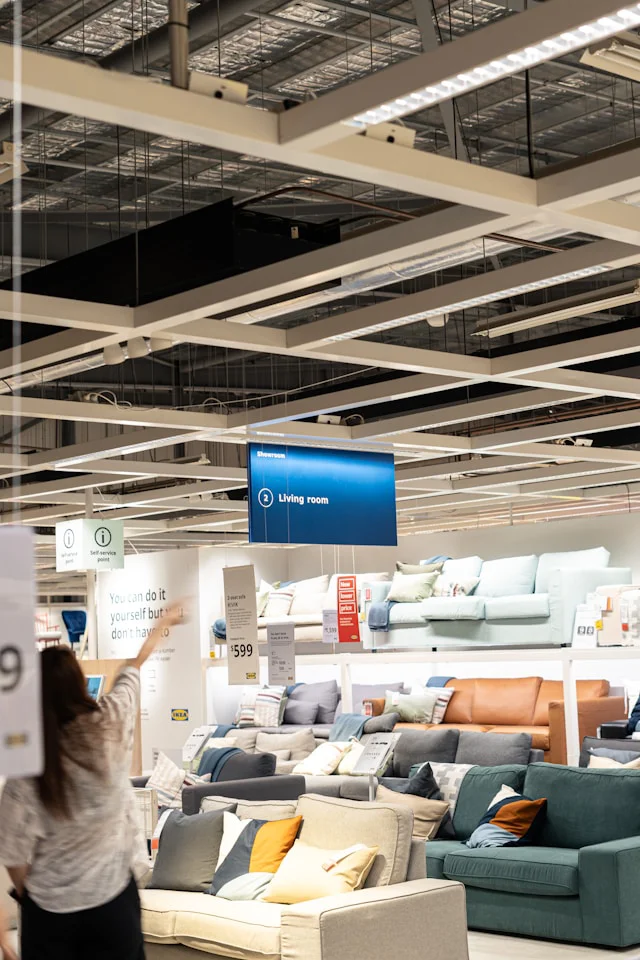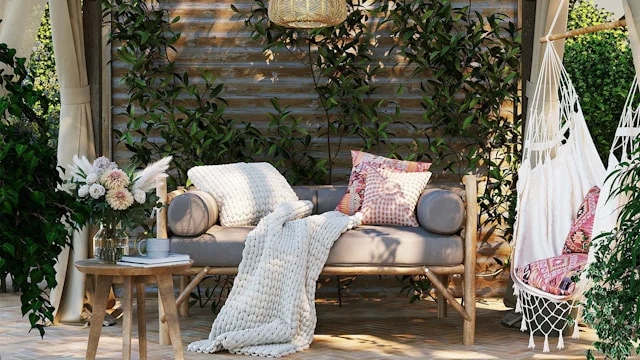1: Which type of outdoor furniture, known for durability and low maintenance, is often crafted from recycled plastic?

Quiz Wiz PRO's interesting facts
Each time a trawler noses into a Mediterranean harbor, its holds may be carrying more than fish. Through the Seaqual Initiative, crews are paid to land ghost nets and the plastic bottles swept up in their nets alongside the catch. Once ashore, the haul is sorted by polymer, washed, and ground into translucent chips ready for a second life rather than a centuries-long drift through the water column.In a Danish factory, those chips become the slats of Mater’s award-winning Ocean Collection. Every chair contains about 960 grams of fishing-net waste—roughly one abandoned trawl—saving an estimated 1.6 kg of CO₂ compared with virgin plastic. The recycled pellets are injection-molded, cooled, and bolted to a steel frame designed in 1955 by Nanna Ditzel, proving that mid-century elegance and circular manufacturing can coexist on a patio.

Elsewhere, Spain’s Vondom spins Mediterranean net debris into its “Revolution” chaises, while Minnesota-based Loll Designs compresses ocean-bound HDPE into color-fast boards for contemporary Adirondacks. Polywood takes a similar path, extruding intercepted waste into lumber sturdy enough for lifetime warranties and sculpting it into a cresting-wave “Ocean Chair” that doubles as environmental statement and seating. What began as flotsam now shrugs off salt spray, UV rays, and freezing winters—an enduring reminder that the sea’s trash can become the garden’s treasure.




